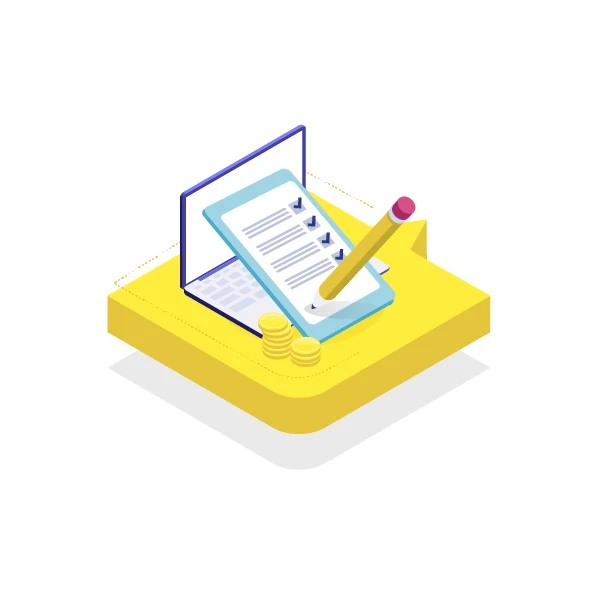Registering your organisation
Before submitting a proposal, all participants involved must first be registered in the Portal Participant Register to receive a 9-digit Participant Identification Code (PIC number). To register your organisation, you will need to provide basic administrative and legal information, in addition to contact details. In order to avoid creating duplicate PICs, you should first check whether your organisation (or another department within it) is already registered in the portal using the Participant Register Search and use the existing PIC if there is one.
View a video tutorial on registering for a PIC.
Forms and information for each call topic
The call topic page that you can find in the EU Funding & Tenders Portal contains all the information you will need for your proposal: call conditions, legal framework and key documents, the standard application form and other practical information. The call topic page also specifies the deadline and contains a link to the EU Portal Submission System, through which you can submit your proposal. The page is also where call topic updates are published, including any changes or other important information for applicants. Be sure to read all guidance documents related to the call topic at the outset, to ensure you are fully aware of all relevant criteria
Part A – what you need to know
Part A contains the structured Administrative Forms with data on the participants, legal declarations, and contact persons. Part A is generated while entering the data into the submission system.
The Online Manual outlines the procedures to register and submit proposals online via the EU Funding & Tenders Portal, together with recommendations on preparing the proposal. Further guidance on submission can be found in Annex E of Work Programme General Annexes which can be downloaded from the Horizon Europe section of the HRB website, and in the Proposal Submission Service User Manual.
Information required in Part A includes:
- Budget: The budget table in Part A is where you must list the total budget for each partner and for the entire project, together with any direct and indirect costs. Further information on financial and legal aspects of the application are available in this European Commission video, and any queries can be directed to the Irish NCP for Horizon Europe Legal and Financial Rules. Please, be aware that from 2024, budgets have to be written following a lump-sum approach. See this EC webinar for further information.
- Gender Equality Plans: Depending on the organisation type, a Gender Equality Plan is either a mandatory or recommended document for each consortium member, and must be described in Part A of the application. More information can be found in the Horizon Europe Guidance on Gender Equality Plans and this European Commission video.
- Ethics and security: In a section on Ethics and Security, applicants must answer a series of questions and provide a self-assessment on any ethical and security issues presented by the proposed research. Further information can be found in this guidance document from the European Commission, and in the Horizon Europe Programme Guide.
- Open Science: Open science criteria should primarily be addressed in Part B of the application. However in Part A, applicants are asked to list relevant publications, widely used datasets or other achievements of consortium members, and here evaluators will take into account whether publications are open access and whether datasets comply with FAIR principles. More information is available in the chapter on Open Science in the Programme Guide.
What your NCP can do for you
The Horizon Europe Health NCP can provide advice and assistance with the administrative parts of your application and on topics such as gender equality plans, ethics and open science. For questions on financial and legal topics, the Irish NCP for Horizon Europe Legal and Financial Rules can offer detailed guidance.
Questions? Contact your HRB Health NCP.

